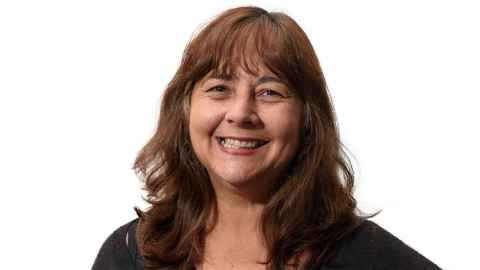Radical change needed in youth mental health
1 October 2021
Mental health services for youth are outdated, inhospitable and inaccessible to most young people and need a radical overhaul, a leading youth mental health researcher says.

Associate Professor Kerry Gibson from the University of Auckland has just published a book What Young People Want from Mental Health Services, and says we need to change the way we deliver services to young people.
“Our youth mental health services were designed for a different generation,” she says. “We need to develop dedicated, easily accessible early intervention youth mental health services and the way to do that is by listening to what young people themselves say works best for them.”
As an expert working in youth mental health for more than 30 years, Associate Professor Gibson’s book is based on close to 400 interviews with young people through the Mirror Project. The Project aims to shift attitudes to youth mental health by prioritising young people’s ideas of what would work best for them.
She says young people live in a digital world with the expectation of instant access to information and support. They can find out instantly about depression for example by looking online or by talking to peers. So why then would they step out of that to talk to an adult, she asks.
Young people do not want to be put on a waiting list or go through the often difficult and complex task of trying to reach a professional to get help but as very high users of online information, they often feel more comfortable communicating over the internet rather than sitting in front of a clinician or medical professional.
“We often assume we know what young people are doing online but instead of playing games, they might be using internet resources to manage their mental health in creative ways.
“One of the key things we found in talking to young people about mental health was that they are very attuned to anything that comes across as fake or any kind of spam so if we want to use online resources to reach young people then we have to go where they are and work with their trusted online networks.”
She suggests one way of doing this is by reaching out to young people to make youth mental health services available in things like drop-in centres or shopping malls and sports clubs as well as schools and universities. Using online influencers could also help spread mental health messages.
“Ultimately adults have to accept they are not experts on youth mental health and realise our ability to help our youth may be limited without input from young people themselves who don’t want to go on a waiting list but to talk to someone when they are feeling distressed.
“It’s urgent that we fix the current system which, given our high youth suicide rates, is obviously not working.”
Media contact
Anne Beston | Media adviser
DDI 09 923 3258
Mob 021 970 089
Email a.beston@auckland.ac.nz